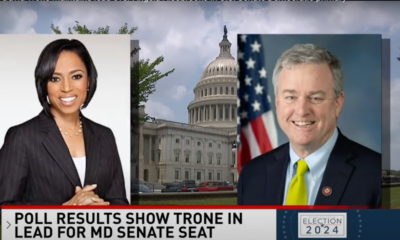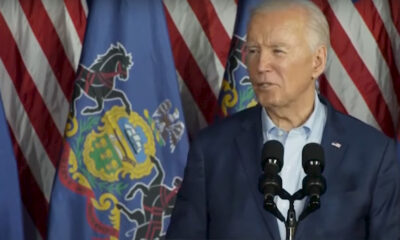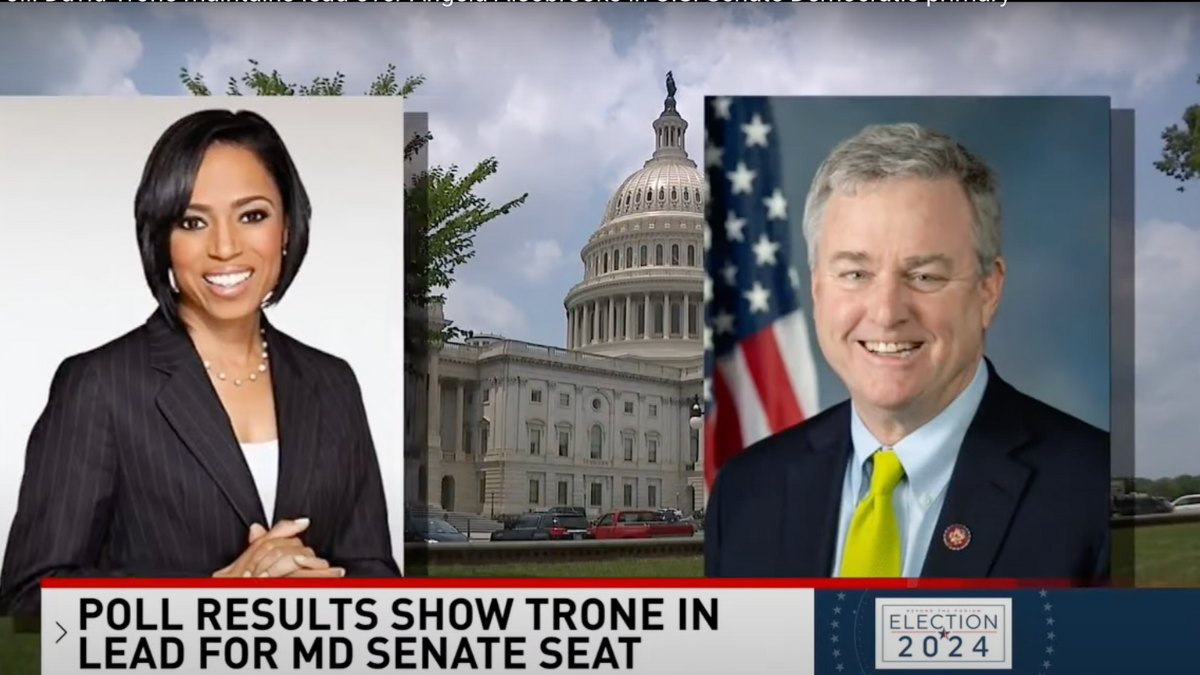GOP Lawmakers Clash Over Senator Johnson’s Handling of Foreign Aid Package
The recent clash among GOP lawmakers over Senator Johnson’s handling of a foreign aid package underscores the complexities within the party.
In the intricate landscape of American politics, internal conflicts often surface, revealing diverging ideologies and strategic disagreements. The recent clash among GOP lawmakers over Senator Johnson’s handling of a foreign aid package underscores the complexities within the party. As debates intensify, the rift within Republican ranks raises pertinent questions about policy priorities, leadership, and the party’s direction on the global stage.
At the heart of the dispute lies a proposed foreign aid package aimed at addressing humanitarian crises and bolstering diplomatic efforts in volatile regions. While the specifics of the package vary, its overarching goal is to advance U.S. interests abroad through strategic investments and partnerships.
Senator Johnson, a prominent figure within the GOP, has taken a contentious stance regarding the foreign aid package. Advocating for a more restrained approach to international engagement, Johnson has voiced skepticism about the efficacy of expansive foreign aid initiatives. Citing concerns about fiscal responsibility and the need for a more targeted approach, he has emerged as a vocal critic of certain provisions within the package.
“At the crux of the disagreement are differing interpretations of the GOP’s core principles and policy priorities.”
The discord within the GOP over Johnson’s handling of the foreign aid package reflects broader tensions within the party. While some lawmakers align with Johnson’s cautious stance, others advocate for a more proactive approach to foreign affairs. This ideological divide has fueled heated debates and exposed underlying fissures within Republican ranks.
At the crux of the disagreement are differing interpretations of the GOP’s core principles and policy priorities. For some, a robust commitment to international engagement aligns with conservative values of promoting stability and advancing American interests on the global stage. Others, however, argue for a more restrained approach, emphasizing fiscal prudence and prioritizing domestic concerns over foreign aid expenditures.
The clash over Senator Johnson’s handling of the foreign aid package also sheds light on leadership dynamics within the GOP. As factions vie for influence and control, questions arise about the party’s ability to unite behind a cohesive agenda. The absence of consensus on key foreign policy issues underscores the challenges facing Republican leadership in navigating complex geopolitical terrain.
The outcome of the intra-party conflict over the foreign aid package carries significant implications for the GOP’s future trajectory. How Republicans reconcile their differences on foreign policy could shape the party’s identity and electoral prospects in the coming years. Moreover, the handling of this dispute may influence perceptions of GOP leadership and its ability to govern effectively on the global stage.
The clash among GOP lawmakers over Senator Johnson’s handling of the foreign aid package illuminates the complexities inherent in contemporary American politics. As ideological divisions persist and leadership dynamics evolve, the GOP faces pivotal decisions about its policy priorities and strategic direction. How Republicans navigate these challenges will not only shape their own political fortunes but also have far-reaching implications for U.S. foreign policy and international relations.
-

 Business2 days ago
Business2 days agoNew Federal Rules Unveiled to Crack Down on Airline ‘Junk Fees’
-

 Campus Safety2 days ago
Campus Safety2 days agoColleges Struggle with Allowing Protests and Preventing Antisemitism and Intimidation
-

 Jan 6 Riots1 week ago
Jan 6 Riots1 week agoSupreme Court Reviews DOJ’s Application of Law in Jan. 6 Riot Cases
-

 Congress5 days ago
Congress5 days agoPoll: David Trone maintains lead over Angela Alsobrooks in U.S. Senate Democratic primary
-

 Politics1 week ago
Politics1 week agoJury Selection Begins: Six Jurors Seated in Trump’s Criminal Hush Money Trial
-

 Boeing Whistleblower1 week ago
Boeing Whistleblower1 week agoSenate Homeland Security Committee Grills Boeing Whistleblower in Testimony
-

 President6 days ago
President6 days agoTake a Look Into the Obama Presidential Center
-

 Politics1 week ago
Politics1 week agoBiden Injects Humor as Trump’s Hush Money Trial Begins




